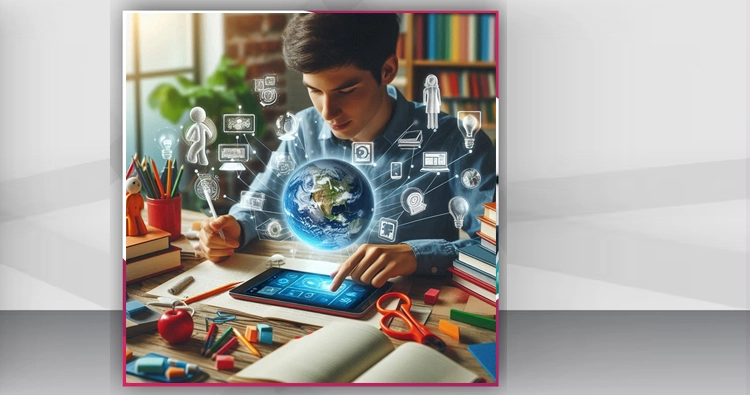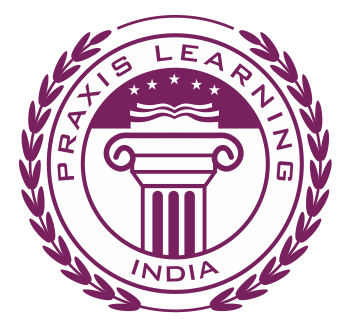04 Sep
2024Introduction
In today's rapidly evolving educational landscape, the one-size-fits-all approach to learning is becoming increasingly outdated. Personalized learning, a pedagogical approach that tailors instruction to meet the individual needs, interests, and learning styles of each student, is gaining significant traction. By recognizing that learners are diverse and have unique requirements, personalized learning aims to create more engaging, effective, and equitable educational experiences.
The Benefits of Personalized Learning
- Increased Engagement: When students feel that their learning is relevant and meaningful, they are more likely to be engaged and motivated. Personalized learning allows students to explore topics that interest them, making learning more enjoyable and impactful.
- Improved Outcomes: Studies have shown that personalized learning can lead to better academic performance, increased student satisfaction, and higher graduation rates. By addressing individual learning needs, personalized approaches can help students achieve their full potential.
- Enhanced Motivation: Personalized learning can foster a sense of ownership and agency in students, empowering them to take control of their education. When students feel that they have a say in their learning, they are more likely to be motivated and persistent.
- Enhanced Social-Emotional Development: Personalized learning can help students develop important social-emotional skills, such as selfawareness, self-regulation, and empathy. By creating a supportive and inclusive learning environment, personalized approaches can help students develop positive relationships and a sense of belonging.
Key Components of Personalized Learning
- Individualized Learning Paths: Personalized learning involves creating customized learning paths for each student, based on their prior knowledge, learning style, and goals. This allows students to progress at their own pace and focus on areas where they need the most support.
- Differentiated Instruction: Personalized learning often involves differentiated instruction, which means adapting teaching methods, materials, and assessments to meet the diverse needs of students. This can include providing students with a variety of learning options, such as small group instruction, peer tutoring, or independent study.
- Technology Integration: Technology can play a crucial role in personalized learning, providing students with access to a wide range of educational resources and tools. Personalized learning platforms can help educators track student progress, identify areas for improvement, and provide targeted support.
- Collaborative Learning: Personalized learning can also involve collaborative learning, where students work together to achieve common goals. By working in groups, students can learn from each other, develop teamwork skills, and build a sense of community.
Conclusion
Personalized learning is a promising approach to education that has the potential to transform the way we teach and learn. By tailoring instruction to meet the individual needs, interests, and learning styles of students, personalized learning can create more engaging, effective, and equitable educational experiences. As technology continues to advance and our understanding of learning grows, personalized learning is likely to play an increasingly important role in the future of education.
stay up-to-dated


















Write Your Review